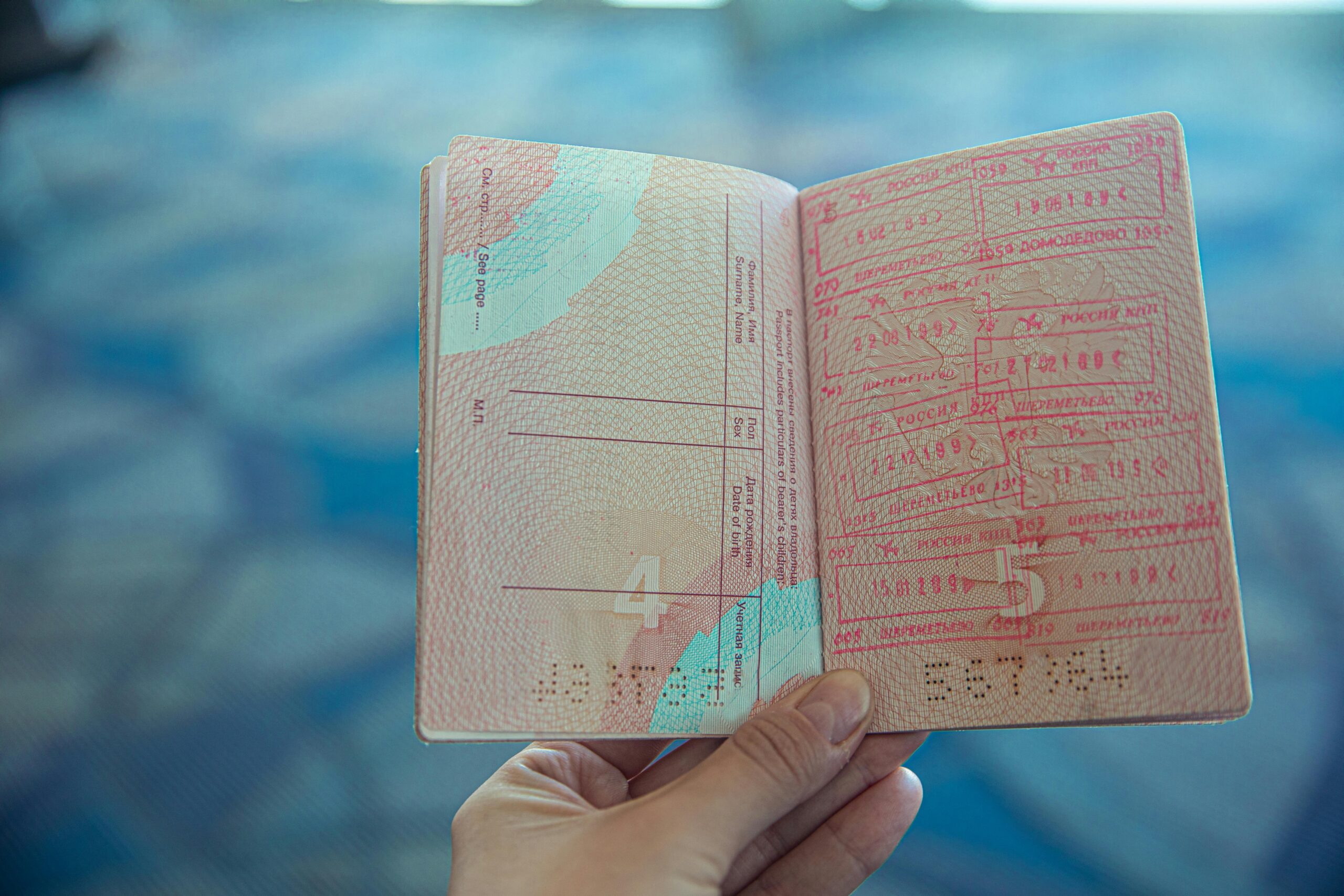Table of Contents
In a much-anticipated annual event, the Quebec Parent and Grandparent Sponsorship program has officially reached its intake capacity for the year. This development means that the Ministère de l’Immigration, de la Francisation et de l’Intégration (MIFI) is no longer accepting new expressions of interest for this highly sought-after immigration stream. For countless families in Quebec hoping to reunite with their parents and grandparents, this news brings both excitement for those who were selected and a need for strategic planning for those who must now wait for the next opportunity. Understanding the intricacies of Quebec’s unique system, the financial obligations involved, and the available alternatives is more critical than ever for Canadian citizens and permanent residents in the province.
A Deeper Dive into Quebec’s Exclusive Parent and Grandparent Sponsorship Mandate
Quebec maintains a special agreement with the federal government of Canada that grants it significant autonomy over its immigration programs. This includes its very own Parent and Grandparent Program (PGP), which operates distinctly from the federal program managed by Immigration, Refugees and Citizenship Canada (IRCC). This distinction is fundamental for prospective sponsors to grasp. The process for sponsoring parents or grandparents to Quebec is a two-stage journey. First, the sponsor, who must be a Canadian citizen or permanent resident residing in Quebec, must successfully submit an application to MIFI. This involves meeting specific eligibility criteria and, most importantly, receiving an invitation to apply after expressing interest. Once MIFI approves the sponsorship undertaking, it issues a Quebec Selection Certificate (Certificat de sélection du Québec, or CSQ). Only with a CSQ in hand can the sponsored parents or grandparents proceed to the second stage: submitting their application for permanent residence to the federal government (IRCC). IRCC then assesses the applicants on grounds of medical and security admissibility. The intake for the MIFI stage is managed through a lottery or a first-come, first-served system, and as has just occurred, it is subject to an annual cap, making it a very competitive process.
The Unwavering Financial Commitment: What Every Quebec Sponsor Must Guarantee
At the heart of the Quebec Parent and Grandparent Sponsorship program is the financial undertaking. This is not merely a statement of support; it is a legally binding contract between the sponsor (and co-signer, if applicable) and the Quebec government. By signing this undertaking, the sponsor commits to repaying the government for any social assistance benefits that the sponsored family members might receive during the undertaking period. For parents and grandparents, this commitment is substantial, lasting for a period of 10 years from the day they become permanent residents. To be deemed eligible, sponsors must demonstrate that they have had sufficient financial resources for the 12 months preceding their application. MIFI publishes detailed income tables that specify the Minimum Necessary Income (MNI) required, which increases based on the size of the sponsor’s current family and the number of people they intend to sponsor. This income must be proven through official documents, such as notices of assessment from Revenu Québec. It is a profound responsibility, ensuring that sponsored relatives will not place an undue burden on the province’s social support systems and that their essential needs will be met by their family in Canada.
Cap Reached: The Critical Next Steps for Invited Sponsors
For the fortunate individuals who received an invitation to apply before the cap was reached, the journey is far from over. Receiving an invitation is a critical milestone, but it initiates a period of intense and detailed application preparation. Sponsors must now meticulously compile and submit a complete undertaking application to MIFI within a strict deadline, typically 60 days. This package must include all required forms, supporting documents, and proof of payment for the processing fees. Demonstrating the required financial capacity over the past 12 months is the cornerstone of this application. Any errors, omissions, or inconsistencies in the application can lead to refusal, forcing the sponsor to wait for a future intake period. It is a high-stakes process where attention to detail is paramount.
Key Takeaways for Invited Sponsors:
- Review MIFI’s Requirements: Immediately and thoroughly review the checklist and guidelines provided by MIFI in the invitation package.
- Gather Financial Documents: Collect all required financial proofs, primarily the last 12 months of income documentation, including provincial notices of assessment.
- Complete Forms Accurately: Fill out all application forms for the undertaking with precision, ensuring the information is consistent across all documents.
- Respect the Deadline: The submission deadline is absolute. Plan to submit the application well in advance to account for any potential courier or postal delays.
- Prepare for the Federal Stage: While preparing the MIFI application, it is wise for the sponsored parents and grandparents to begin gathering documents for the subsequent federal permanent residence application, such as police certificates and civil status documents.
Once MIFI approves the undertaking and issues the CSQ, the file is transferred to the federal level, where the sponsored relatives complete their permanent residency application with IRCC.
Vital Alternatives: Exploring the Super Visa for Family Reunification
With the Quebec PGP cap now reached for the year, many families are left wondering about their options. The most viable and popular alternative for bringing parents and grandparents to Canada is the Super Visa. The Super Visa is not a path to permanent residence, but it offers a remarkable opportunity for long-term family reunification. It is a multi-entry temporary resident visa that can be valid for up to 10 years, allowing parents and grandparents to stay in Canada for up to five years at a time upon initial entry, with the option to apply to extend their stay for up to two years while in Canada. The requirements for the Super Visa are similar in spirit to the PGP but distinct in their application. The child or grandchild in Canada must provide a letter of invitation and demonstrate that they meet a minimum income threshold, known as the Low Income Cut-Off (LICO). Unlike the PGP, this is a federal program, so the income requirements are set by IRCC, not MIFI. A crucial component of the Super Visa application is proof of private Canadian medical insurance coverage for at least one year. This ensures that the visiting parents and grandparents have comprehensive health coverage during their stay, mitigating potential costs to Canada’s healthcare system. For those who missed the PGP intake, the Super Visa remains a powerful and effective tool to ensure families can spend extended, quality time together in Canada.
Frequently Asked Questions
What is the Quebec Parent and Grandparent Sponsorship Program?
It is a specific immigration stream managed by Quebec’s immigration ministry (MIFI) that allows eligible Canadian citizens and permanent residents living in Quebec to sponsor their parents and grandparents for permanent residence. The process involves first getting approval from Quebec (a CSQ) before applying for permanent residence with the federal government.
How is Quebec’s PGP different from the federal program?
Quebec manages its own selection process for sponsors, including its own intake system (like a lottery) and specific financial requirements detailed in a formal undertaking. The federal PGP is for residents of all other Canadian provinces and territories and has its own separate application process and requirements managed by IRCC.
What is a financial undertaking in Quebec?
A financial undertaking is a binding legal contract signed by the sponsor with the Quebec government. The sponsor promises to provide for the basic needs of their sponsored relatives and to repay any social assistance the government provides to them for a period of 10 years.
What is the Super Visa?
The Super Visa is a multi-entry temporary resident visa for parents and grandparents of Canadian citizens and permanent residents. It allows them to visit and stay in Canada for up to five years at a time without needing to renew their status, and is a popular alternative when permanent sponsorship programs are closed.
Talk to us to find out more. ->
The content above is not intended to provide legal advice or opinions of any kind and may not be used for professional or commercial purposes.







